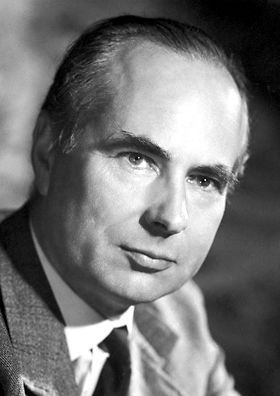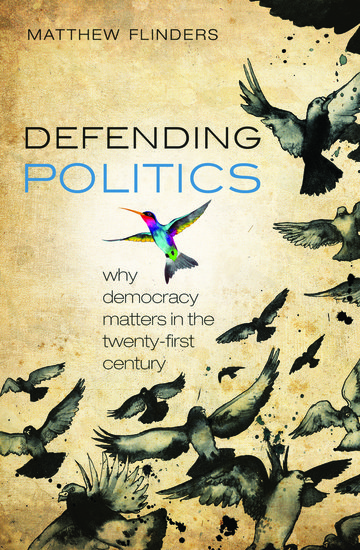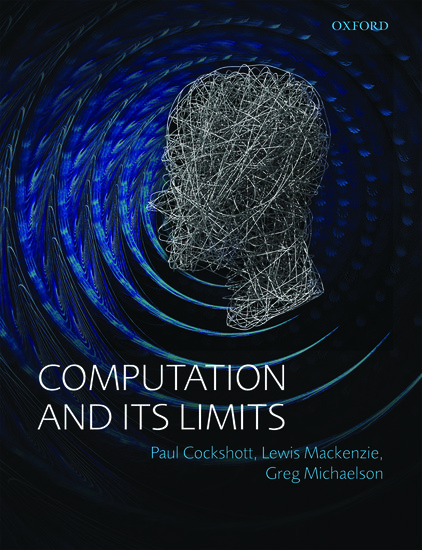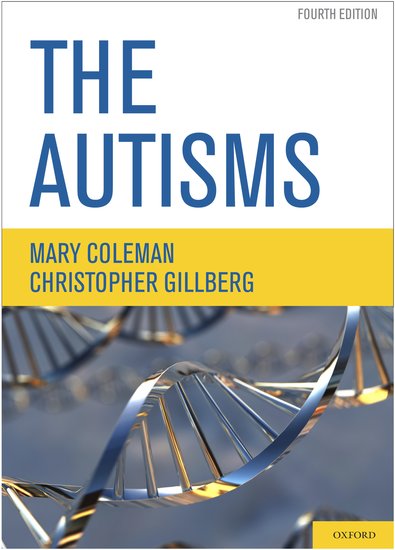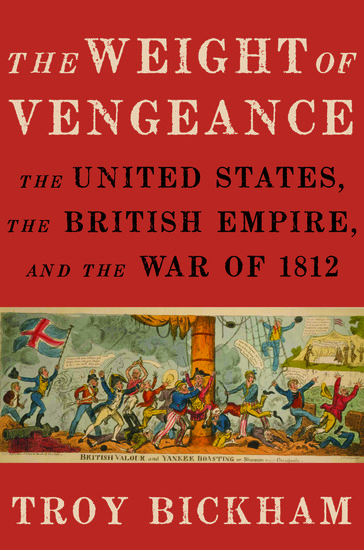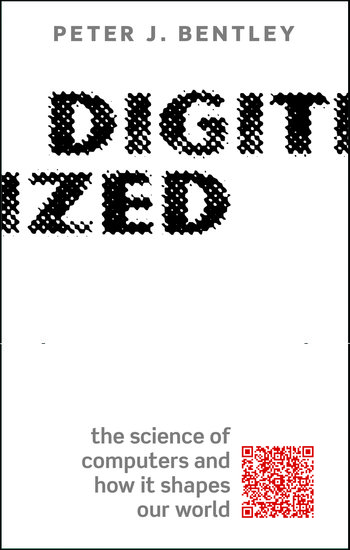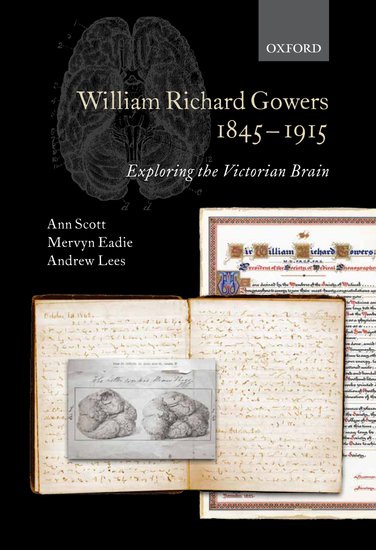Thoughts on the Passing of Sir Andrew Huxley, OM, FRS, Nobel Laureate
By Alan J. McComas
With the death of Sir Andrew Huxley on 30 May 30 2012, the world lost not only an intellectual giant but a man respected, admired, and loved by all who knew him. Born into a most distinguished family, Andrew was at the age of 94, likely to have been the last surviving grandchild of T. H. Huxley, the Victorian scientist and educator, and the friend and champion of Charles Darwin. Andrew’s brothers (by his father’s first marriage) included Julian Huxley, the zoologist and first Director-General of UNESCO, and Aldous Huxley, the author of Brave New World.

